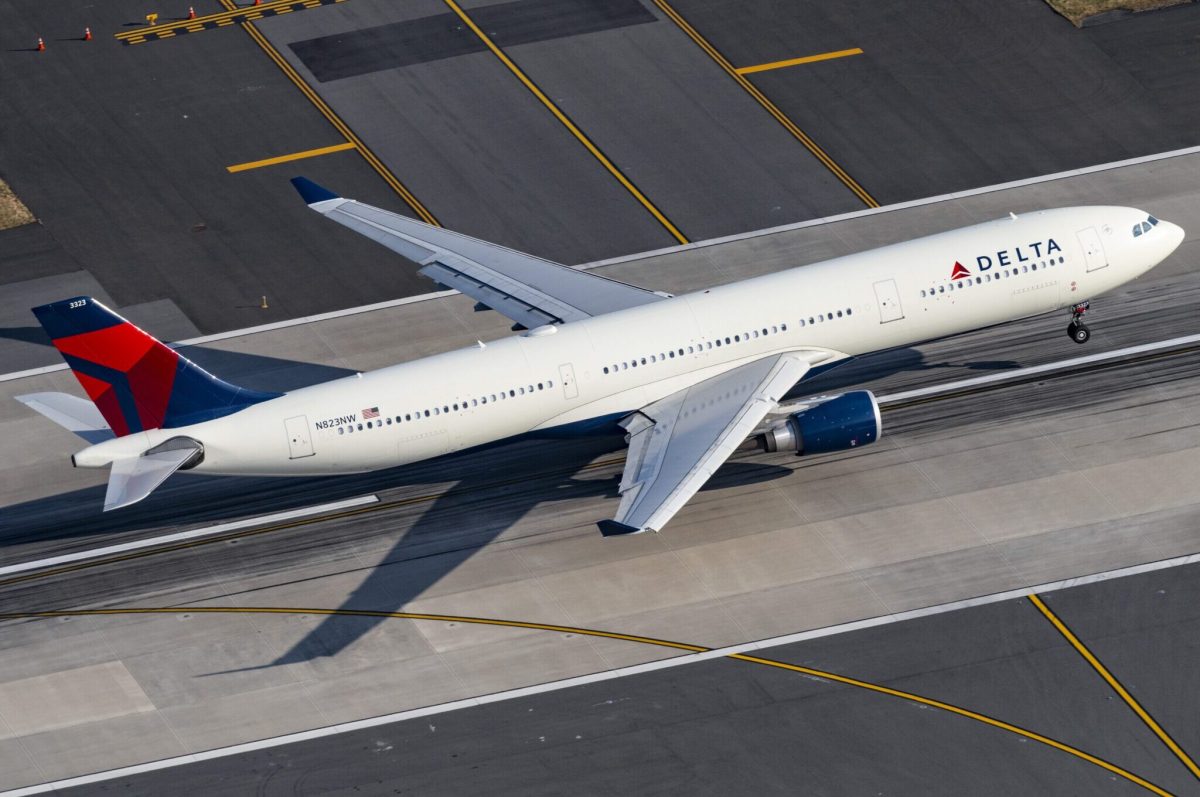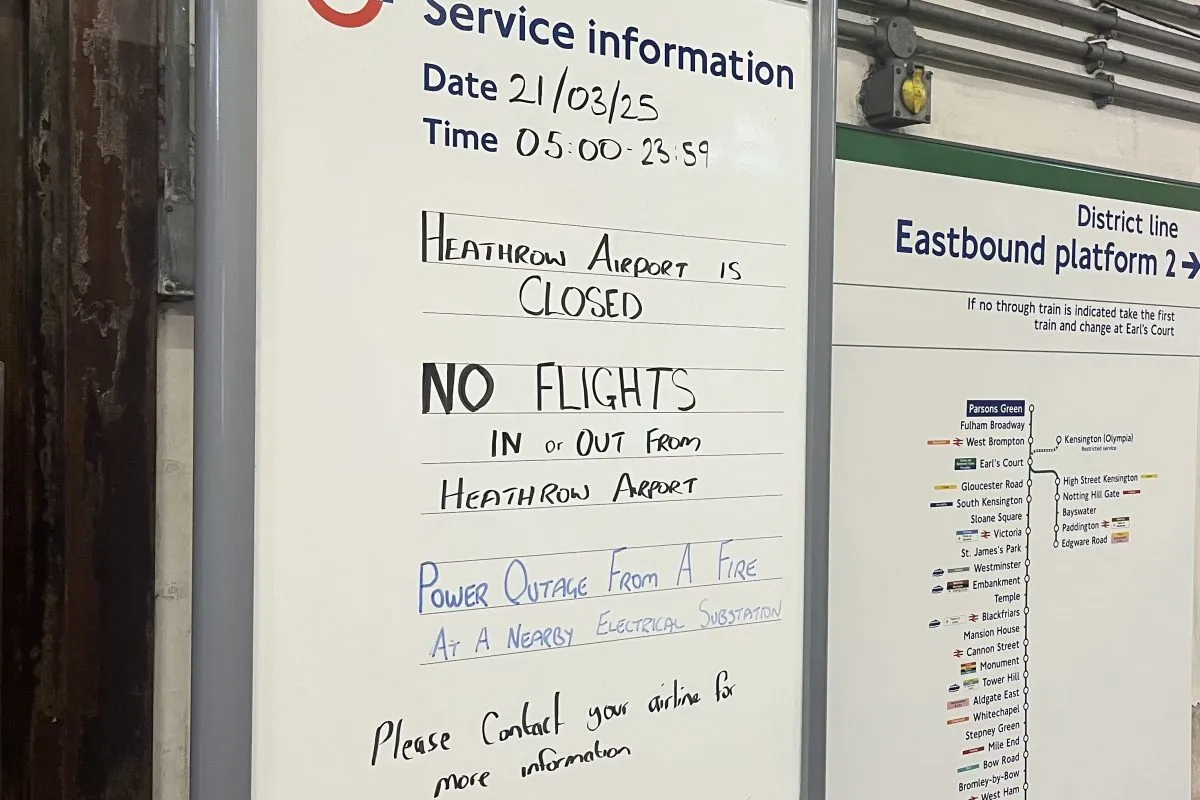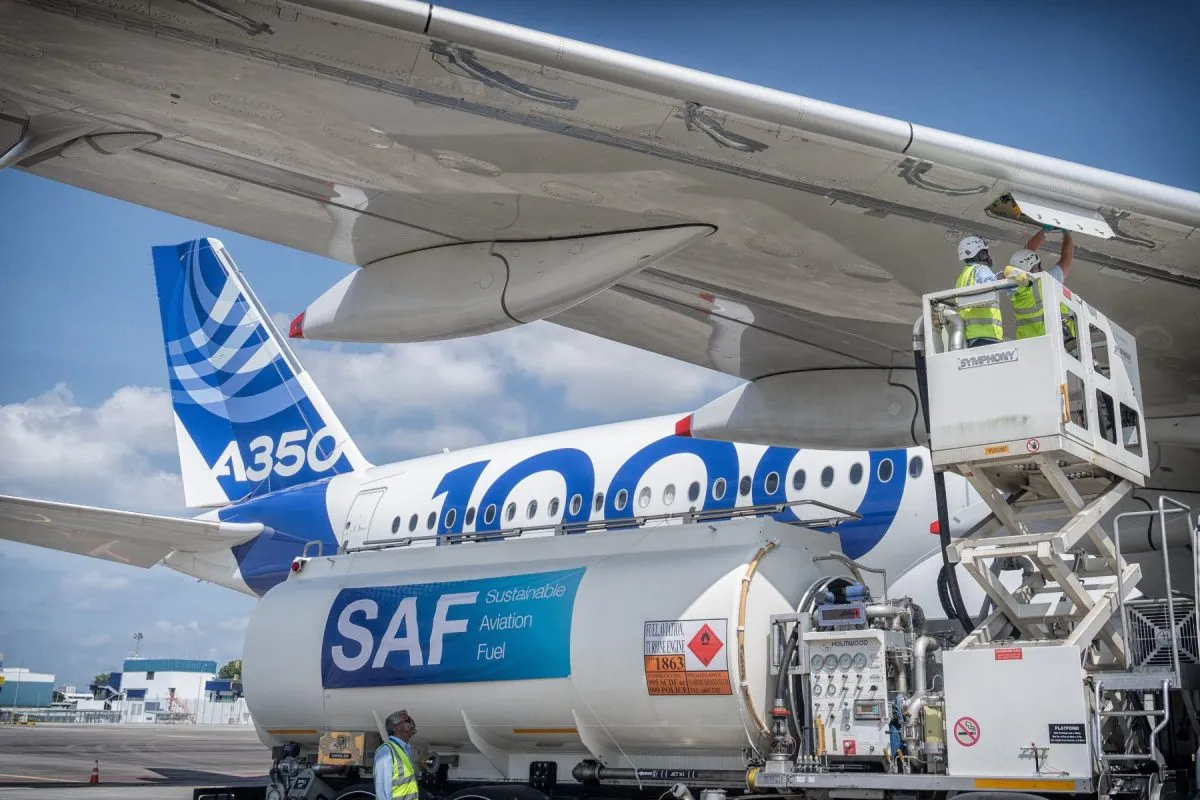Thailand Edges Closer to 2019 Tourism Peak

Skift Take
Thailand expects nearly 36 million foreign tourists this year, surpassing its initial target of 35 million. This growth is a positive sign for the country's tourism economy, with foreign tourism revenue projected to reach THB 1.8 trillion ($53 billion).
In the final four months of the year, the Tourism Authority of Thailand (TAT) anticipates 12.2 million foreign visitors. These tourists are expected to generate THB 653 billion ($19.9 billion) in revenue. East Asia will likely contribute the most tourists, followed by Europe and South Asia.
Domestically, TAT forecasts 72.5 million local trips, bringing in THB 335 billion ($9.8 billion) during the last four months of the 2024.
The Tourism Numbers So Far...
From January 1 to August 25, Thailand attracted over 23 million foreign tourists, according to the tourism ministry. Their spending totaled approximately THB 1.08 trillion ($31.5 billion). China remains the top source of visitors, followed by Malaysia, India, South Korea, and Russia.
“The outlook for 2024 anticipates 35.99 million foreign tourists visiting Thailand, an increase of 28%, in line with the TAT’s target of at least 35 million. Tourism revenue is expected to be around THB 1.8 trillion ($53 billion), a 32% increase from the previous year,” TAT Governor Thapanee Kiatphaibool said on Monday.
However, the country’s tourism numbers still trail behind the 39.8 million visitors in 2019, when revenue hit THB 2 trillion.
In July, the Tourism Authority of Thailand said that it aims to increase tourism revenue in the country by 7.5% in 2025.
China's Role
China played a crucial role in Thailand's pre-pandemic tourism, with almost 11 million Chinese tourists in 2019. While TAT initially aimed to attract 8.2 million Chinese visitors in 2024, the target has now been revised to 7.3 million. So far, 4.5 million Chinese tourists have visited Thailand this year, TAT said on Friday.
To further boost Chinese tourism, TAT has also partnered with Nanjing Tuniu International Travel Service.
“Tuniu will strengthen our efforts to bolster the capacity of Thai tourism sector in gaining access to new markets through digital innovation, while enhancing the convenience of travelling for tourists from China,” Kiatphaibool said.
Thailand is also working to simplify entry for foreign visitors. The country has expanded its visa-free entry scheme, allowing citizens from 93 countries to stay up to 60 days without a visa. Additionally, 31 other countries can apply for visas on arrival. The government has introduced various visa promotions and extended stays to attract more tourists and remote workers.
Kiatphaibool believes these measures, along with festive events and the recovery of international flights will help grow the market. Aviation seat capacity in Thailand has now reached 46 million seats, which is 82% of 2019 levels.
Aviation Boost... and The Challenges
Plans are also underway to upgrade Bangkok’s Suvarnabhumi International Airport, with over THB 159 billion earmarked for this project. The upgrade aims to accommodate 80 million passengers annually by 2031.
Additionally, the Civil Aviation Authority of Thailand has set a goal to transform Thailand into a regional aviation hub, increasing air traveler capacity to 270 million people a year by 2037.
Despite the positive outlook, Kiatphaibool acknowledges challenges. Thailand faces stiff competition from other Asia-Pacific countries like Japan, South Korea, Taiwan, and Vietnam. These countries she said have been offering promotions to attract the same tourist groups as Thailand.
Economic uncertainty and potential slowdowns in major economies also pose risks. The ongoing international conflicts could also drive up airfares, impacting tourism.





